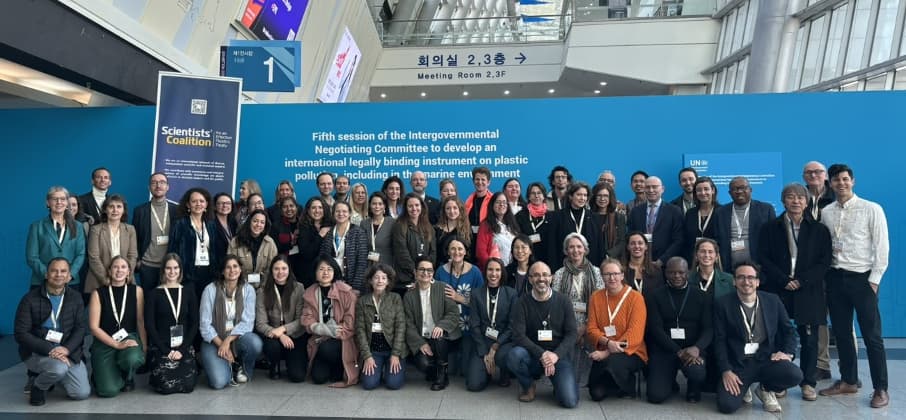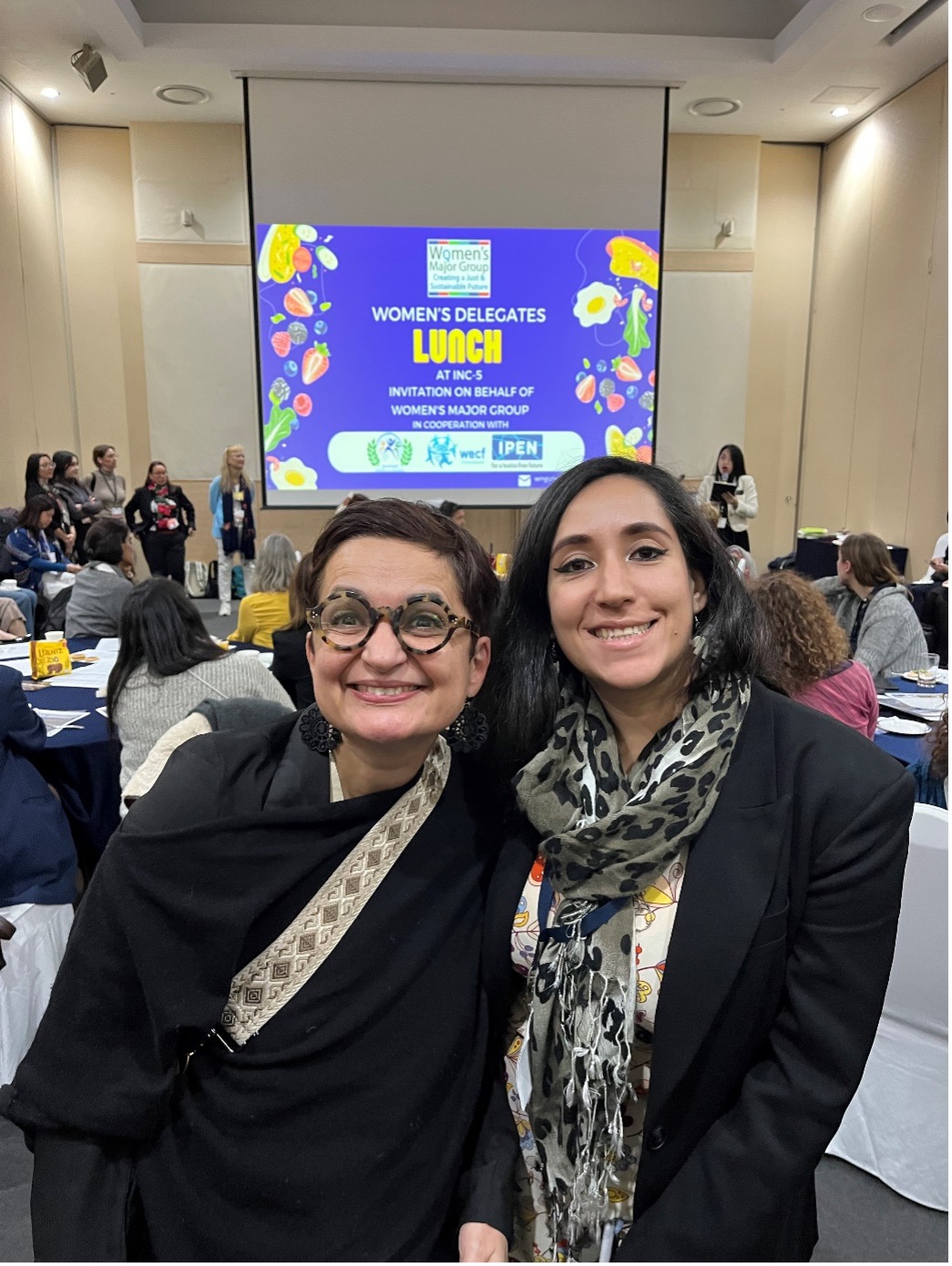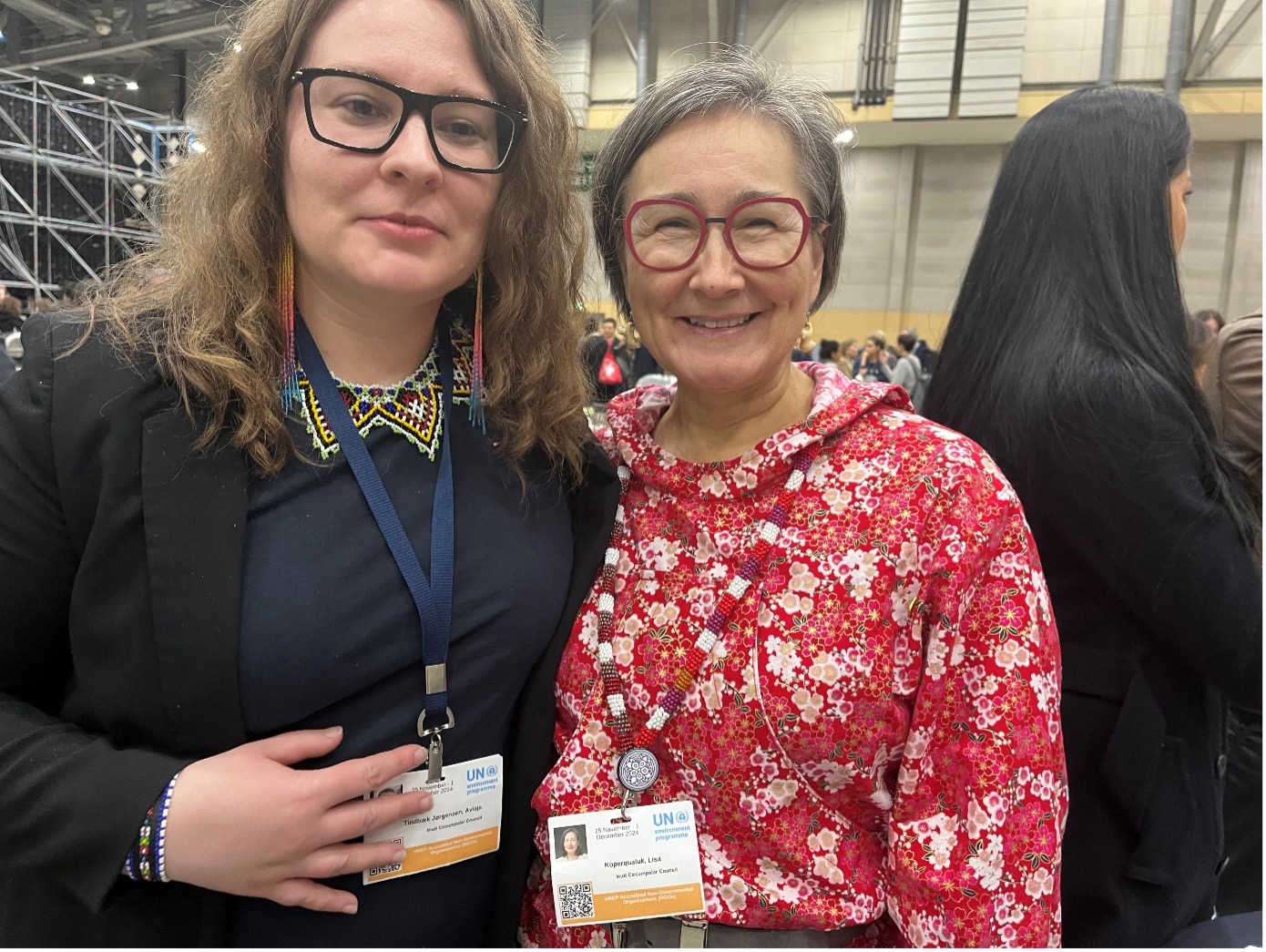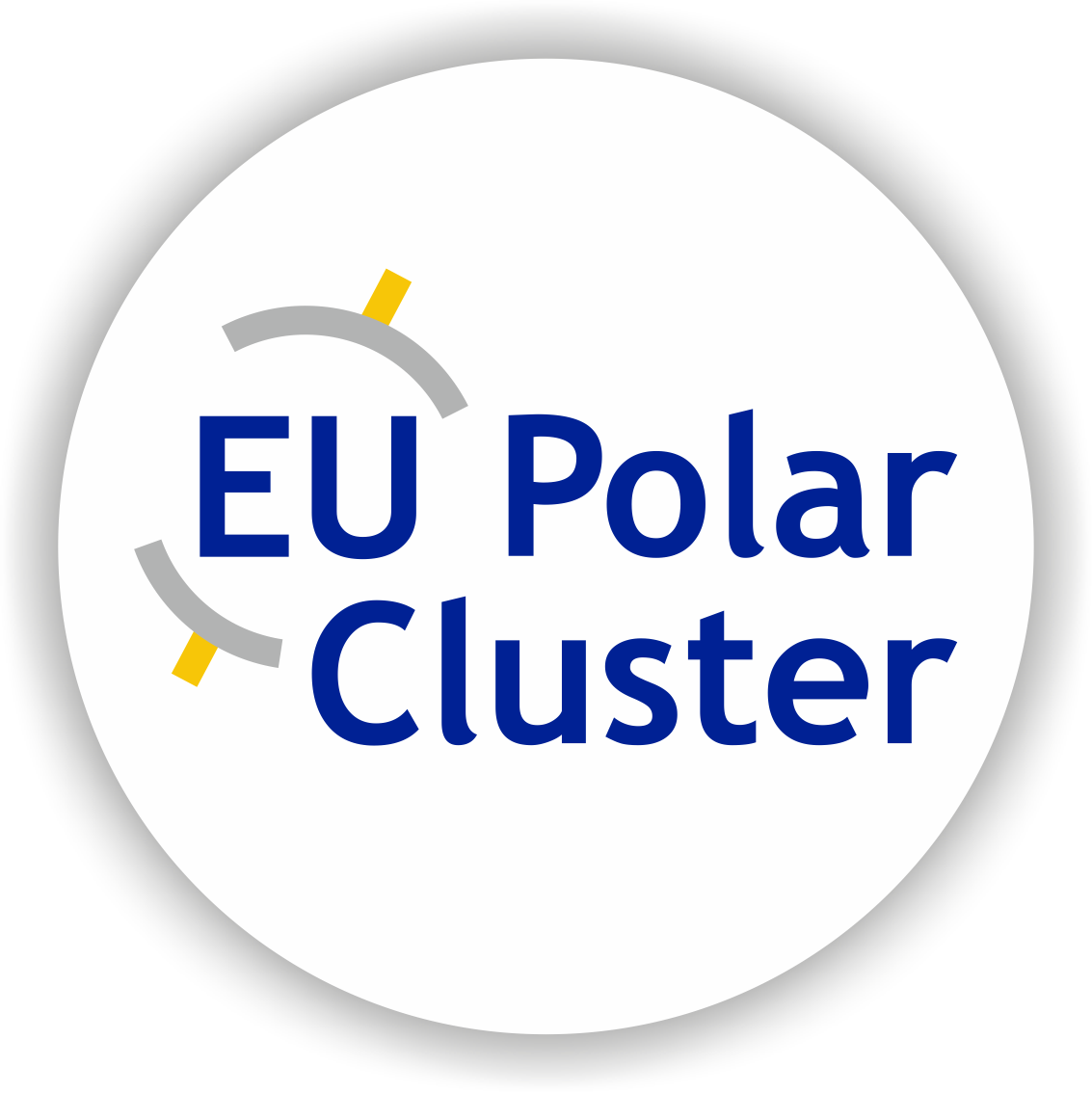The latest negotiating session of the International Treaty to end Plastic Pollution took place in Busan, South Korea, from 25 November to 1 December 2024, at the 5th meeting of the Intergovernmental Negotiating Committee (INC-5). The meeting took place under the aegis of the United Nations Environment Programme (UNEP).
Muriel Mercier-Bonin from our partner organization INRAE took part in the negotiations as a part of the Scientists’ Coalition for an Effective Plastics Treaty.
The coalition is an international network of diverse, independent scientific and technical experts seeking to contribute with scientific knowledge to decision makers and the public involved in the negotiations towards a global agreement to end plastic pollution.
71 members of the coalition were present in Busan, informing the negotiators of the scientific facts on plastic pollution.
“After over seven days of intense negotiations, delegates were unable to reach agreement on a final text considering a global approach taking into account the entire life cycle of plastics, including their production, design and disposal, according to the resolution of the United Nations Environment Assembly (UNEA-5/14) in March 2022,” says Muriel Mercier-Bonin.
“However, the closure of the INC-5 should not be seen as a failure, but rather as a postponement. Good progress was made in favor of an ambitious treaty, with many interventions referring to scientific facts, which show the importance of our actions, as scientists, during these negotiations. Interventions and positions reaffirmed the need for a treaty that is binding on a large number of countries, such as the declarations by Panama, Mexico and Rwanda. Negotiations will therefore continue into 2025, and the INC-5.2 will be decisive (place and date to be defined) and will be based on the text proposed by the Chair at the end of the INC-5.”
“The INC-5 was an incredible experience in scientific, organisational and human terms.”
Hot takes from INC-5
26 November 2024: French-speaking film screening event
Some of the French-speaking colleagues organised and hosted an event at the nearby cinema featuring a screening of the film “Cher plastique, une histoire d’amour toxique”.
“The event brought many INC-5 participants together with a unique aim of reaching French-speaking delegations and science-interested observers,” says Muriel Mercier-Bonin.
“This film takes us on a journey to meet the researchers, some of whom were present at the event, who meticulously track down plastic pollution and its effects on aquatic and terrestrial ecosystems. It also takes stock of the ambiguous relationship we have with this material, and invites us to question our plastic consumption and lifestyles, as well as the solutions available to us to combat this pollution and change this “toxic” relationship.”






